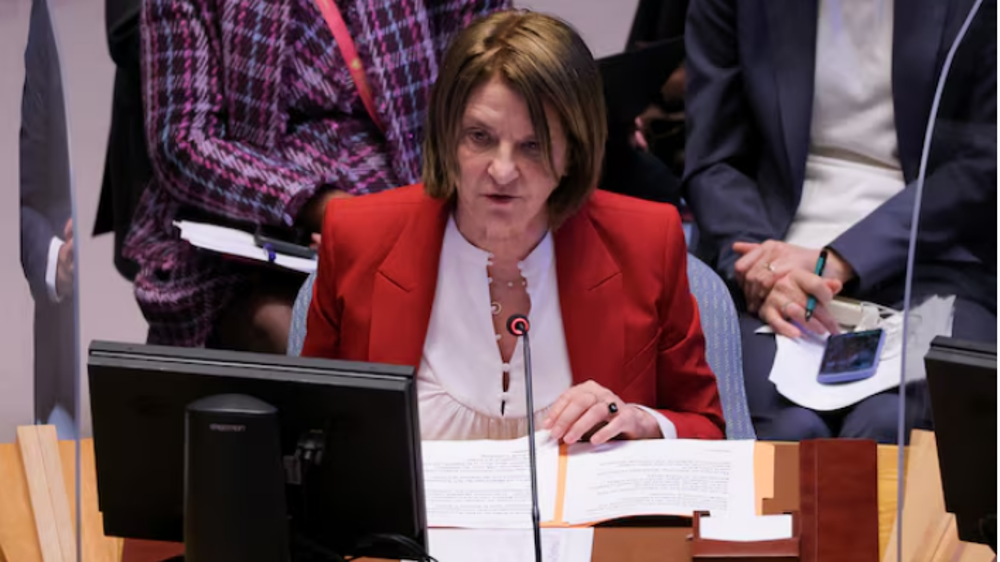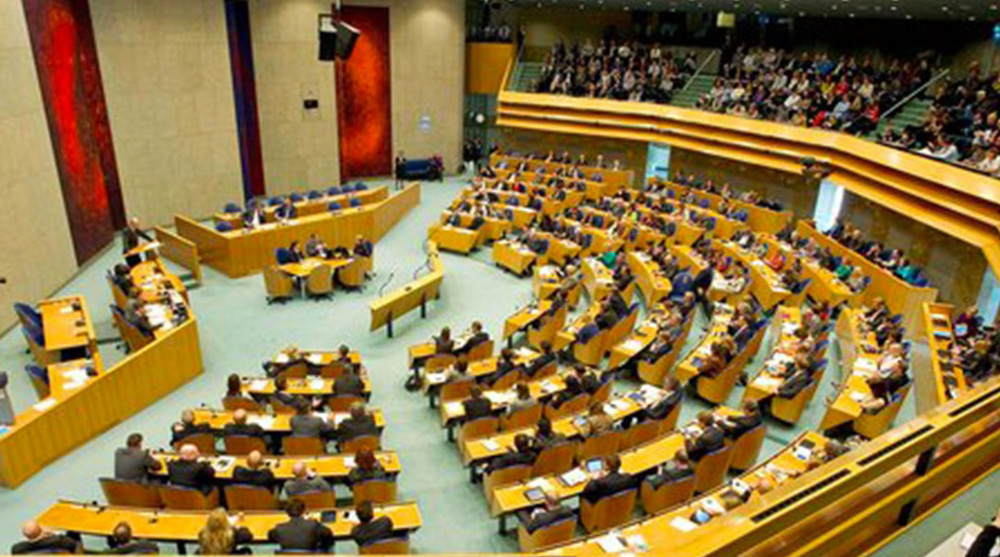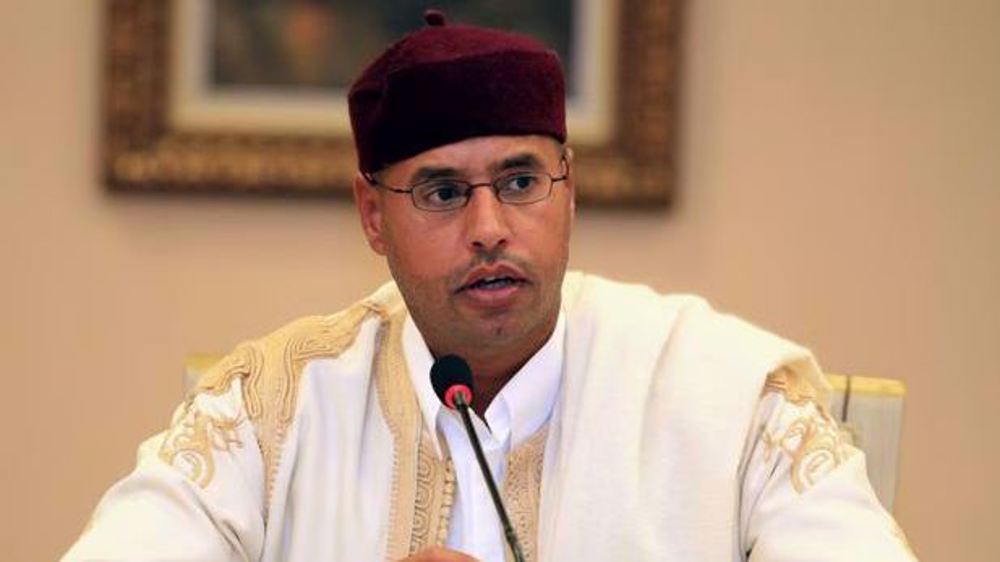Europe COVID-19: Spain restrictions spark violent clashes; UK enters 2nd lockdown
Several Spanish cities have become the scene of a series of violent protests as the government has once again resorted to drastic measure to curb the surge of the coronavirus pandemic.
Score of protesters took to the streets across the country after the government announced a six-month state of emergency this week.
The emergency state, which will last until early May, gives regions legal backing to decide curfews and restrict travel to try halt the rise of infections.
New restrictive measures sparked anger among protesters on Saturday and led to violent clashes between police and people in several cities.
In Madrid, riot police shot blank bullets to try to disperse protesters who were setting fire to rubbish bins in the city’s main thoroughfare Gran Via.
Meanwhile, protesters pelted police with rocks and other projectiles in Barcelona.
In another incident in the northern city of Logroño, police said, about 150 people attacked officers with stones, set fire to containers and looted shops.
Prime Minister Pedro Sanchez condemned violent protests on Sunday. “Violent and irrational behavior by minority groups is intolerable. It is not the way.”
He Tweeted, “Only from responsibility, unity and sacrifice will we be able to defeat the pandemic that is devastating all countries.”
On Friday, health officials reported a record jump in COVID-19 infections — 25,595 daily cases.
The death toll was up by 1,126 in the last week to reach 35,878.
As of Sunday, the country has recorded a total number of 1,185,678 infections, and 35,878 virus related deaths, according to Johns Hopkins University data.
Restrictive measures have also been imposed in other European countries, including Germany, France, Belgium, Austria and United Kingdom (UK) this week.
England to enter 2nd national lockdown
In England, Prime Minister Boris Johnson announced a second national lockdown will come into effect in the coming days, although he said earlier that he wanted to "avoid the misery of another lockdown.”
He made the decision hours after the UK passed the grim milestone of one million confirmed cases of COVID-19 on Saturday.
Some 21,915 new cases were reported on Saturday, taking the total number of cases to 1,014,794. There were 326 new deaths, bringing the death toll to 46,645.
The Office for National Statistics now estimates that 1 in 100 people in England have COVID-19, an average of 568,100 people. That's compared with 1 in 2,300 in July and 1 in 200 at the start of October.
Meanwhile, the UK Chief Scientific Adviser Patrick Vallance warned that over the winter, COVID-19 related deaths could be twice as bad or more compared with the first wave in the spring across England.
Johnson said that the month-long shutdown will come into effect from Thursday after a parliamentary vote early next week.
"We must act now to contain the autumn surge," Johnson said.
Under the lockdown, pubs, restaurants and non-essential businesses, including hair salons and gyms, will remain closed. Schools, universities and playgrounds will stay open, though.
The government also called on people to avoid all non-essential travels.
People, however, will still be able to travel abroad for work, providing they follow England's quarantine rules upon their return.
The measures that will only apply to England, will remain in place until December 2.
Austria imposes curfew
Austria also announced a nighttime curfew and the closure of cafes, bars and restaurants to all but take-away service on Saturday.
The government took the decision after health officials warned that the new surge threatens to overwhelm hospitals, as daily infections reached a record 5,627 on Friday.
“We did not take this decision lightly but it is necessary,” said Chancellor Sebastian Kurz.
The restrictions include an 8 p.m. to 6 a.m. curfew and will be in effect from Tuesday until the end of November.
The Alpine country has had a total number of 104,925 confirmed cases of the deadly disease and 1,109 fatalities.
Italy posts daily record of 31,758 new cases
Italy, one of the hardest-hit countries by COVID-19 in Europe, recorded 31,758 new infections over the past 24 hours, the health ministry said on Saturday.
The ministry also reported 297 virus-related deaths, compared with 199 on Friday.
There have been 679,430 confirmed cases of the infection and 38,618 deaths, since the health crisis hit Italy in spring.
The new rise in the infection cases has prompted the government to consider more stringent measures that will be announced as early as Monday.
Violent protests also erupted in the capital Rome on Saturday, between police and protesters, who took to the street over the past week against a new series of restrictions.
Several cities across Italy, including, Naples and Turin, were also the scene of violent protests on Saturday.
Poland reports record rise in daily cases
Poland reported a record rise in coronavirus infections for the fifth consecutive day on Saturday, with 21,897 new cases.
The nation of 38 million has reported a total of 362,731 confirmed cases of infection and 5,631 deaths.
The new surge in the pandemic came as the country has seen widespread, but mostly peaceful protests, following a ruling by the Constitutional Tribunal last week that amounts to a near-total ban on abortion in the country.
Russia reports record daily rise of COVID-19
Russia reported a record daily number of 18,665 on Sunday, including 5,261 in the capital, Moscow.
The new figures pushed the country’s tally to 1,636,781.
Authorities also reported 245 deaths in the last 24 hours, bringing the official death toll to 28,235.
The new rise has prompted authorities to introduce measures, including a national mask mandate and a recommendation to close bars and nightclubs after 11 p.m.
Russia, however, avoided returning to wide-reaching lockdowns.
Slovakia holds national swab tests
Over a million people lined up in Slovakia to take a free coronavirus swab test on Saturday.
The government launched a plan to test most citizens aged over 10, among its population of 5.5 million.
More than 40,000 medics and support teams of soldiers, police, administrative workers and volunteers staffed around 5,000 sites to administer the antigen swab tests.
As of Saturday noon, 828,518 people had been tested and 7,947 were positive, according to Defense Minister Jaroslav Nad.

“We have clearly got to over 1 million,” Nad said, adding that over 3 million people may be tested over the course of the weekend.
The testing was free and voluntary, but the government will impose lockdowns on people who do not participate.
Slovakia has so far reported a total number of 57,664 cases and 219 deaths.
Portugal imposes new lockdown
New lockdown restrictions were also announced in Portugal on Saturday.
People, in most part of the country, are urged to stay at home except for outings for work, school or shopping.
The government also ordered companies to switch to remote working.
The measures were announced a day after daily cases of COVID-19 hit a record 4,656 on Friday.
The number of cases retreated to 4,007 on Saturday, when the death toll rose by 39.
The country’s total number of cases reached 141,279, along with 2,507 deaths.
Hamas slams Israeli settlers’ ‘criminal aggression’ in West Bank
VIDEO | Press TV's news headlines
VIDEO | Iran launches 'Holy Qur'an Does Not Burn' campaign to restore mosques damaged in unrest
VIDEO | Ramadan amid the rubble: Gaza’s historic Al-Zawiya market defies odds
UN sounds alarm over US-generated energy crisis in Cuba
Yemeni leader: US-Israeli focus on Iran stems From Tehran’s role in blocking their schemes
Iran’s progress ‘miraculous’ despite sanctions: Nuclear chief
Netanyahu fears fruition of Iran US talks















 This makes it easy to access the Press TV website
This makes it easy to access the Press TV website